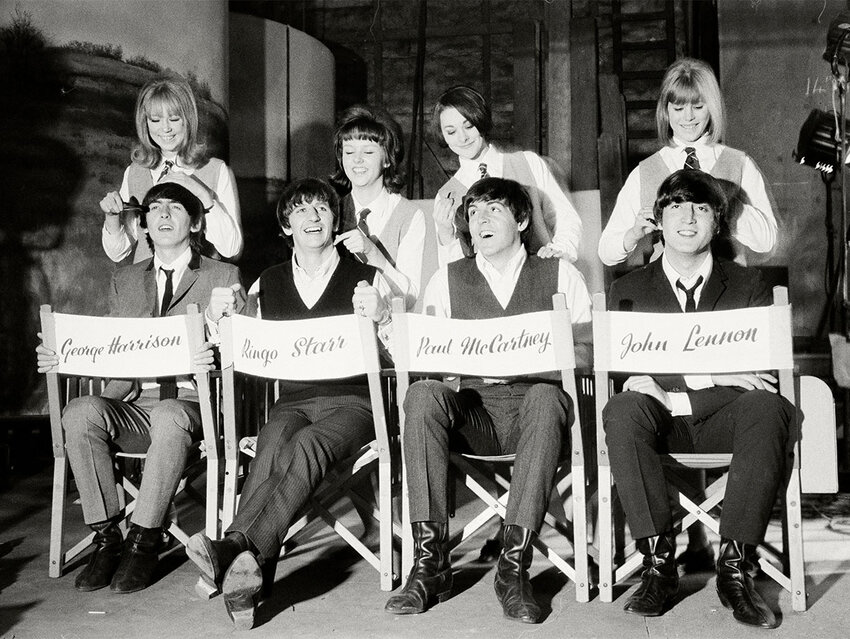
Prefatory
[PREHF-ə-tohr-ee]
Part of speech: adjective
Origin: Latin, 17th century
1.
Serving as an introduction; introductory.
Examples of Prefatory in a sentence
"Before screening ‘Citizen Kane,’ the cinema club president made a few prefatory remarks about the film’s place in history."
"The new edition of Emily Dickinson’s poems comes with nearly 100 pages of prefatory essays on the poet's life and her influence on the history of literature."
About Prefatory
“Prefatory” is based on the classical Latin “praefatio,” meaning “a saying beforehand.”
Did you Know?
The adjective “prefatory” is not based on the noun “preface.” However, the two are based on the same Latin root “praefatio,” meaning “a saying beforehand.” In both cases, the words are closely associated with literature. Over the years, prefaces to major works — such as Dr. Samuel Johnson’s preface to his “Dictionary of the English Language,” and Walt Whitman’s preface to “Leaves of Grass” — have sometimes earned their own place in literary history. As editor Charles William Eliot pointed out in a prefatory note to his book “Famous Prefaces,” the only time an author speaks directly to the reader is often in prefatory remarks, which means they offer a unique window into the author’s true personality.








